Every morning when she wakes up, the familiar job of Ms. Hoang Thi Dung, a Pa Di in Ban Sinh, is to go up the hill with the villagers to pick tea leaves to sell to processing factories. The tea varieties grown here are Shan Tuyet and Kim Tuyen tea, which are suitable for the climate and soil, so they are very fragrant and rich in flavor. Ms. Dung is very excited because in recent years, the tea trees have grown and produced high yields, her family has a stable income, has money to build a new house and take care of her children's education.

Talking to us, Ms. Hoang Thi Dung shared her joy: In the past, people's lives were very difficult. About 10 - 15 years ago, people switched to growing tea, so life became more prosperous. My family planted 5,000 Shan Tuyet and Kim Tuyen tea trees. On average, my family earned 30 - 35 million VND per year from growing tea.
Arriving at Ban Sinh village, we were not only impressed by the vast green tea hills, but also amazed by the beauty of the Seng Cu rice fields, ripe and warm, and the pineapple hills in fruiting season. Next to the Seng Cu rice fields, full of flowers, Mr. Po Van Minh, Secretary of the Ban Sinh village Party Cell, said: Rice, tea and pineapple plants have brought joy and happiness to the Pa Di people in this land.
Over the past 80 years, the Pa Di people have transformed their barren land into a fertile countryside, turning inefficient corn and cassava fields into tea hills, pineapple hills, and lush green rice fields. Thanks to that, people have a stable income, many households have become rich, and have built spacious houses.
Mr. Po Van Minh said: Thanks to the attention and investment of the Party and the State, the villagers have focused on changing the structure of crops and livestock, developing the economy . Especially, since the tea trees were planted, the lives of the villagers have gradually improved.
Currently, the whole village has more than 40 hectares of tea, with each household’s annual income ranging from several tens of millions to hundreds of millions of dong. In addition to tea, villagers also grow 14 hectares of Seng cu rice, 30 hectares of cinnamon, 30 hectares of hybrid corn, and raise livestock and poultry to improve their living standards.

Coming to Ban Sinh, many people are surprised by the rapid changes. The village center is like a street corner with spacious 2-storey and 3-storey houses. With the dynamism and creativity in economic development, the diligence and hard work in production and economic development, up to now, most of the Pa Di households in Ban Sinh have built houses. In particular, the households: Trang Ban To, Po Chin Hung, Po Chin Pha harvest dozens of tons of tea and pineapple each year; Po Chin Son and Trang Van Sai households grow tea and grow Seng Cu rice, earning 100 - 200 million VND each year... Up to now, Ban Sinh village has only 2 poor households and 22 near-poor households.
Not only focusing on economic development, the Pa Di people in Ban Sinh also pay attention to preserving their ethnic cultural identity. Pa Di women still embroider, sew brocade, and wear their traditional costumes. Since 2004, Ban Sinh has been the first cultural village of the former Lung Vai commune and has maintained it for the past 20 years. Notably, Ban Sinh is also a model new rural village of the commune.

Mr. Duong Hong Trung, a civil servant of the Party Committee of Ban Lau Commune, said: Among the villages of Lung Vai Commune in the past, Ban Sinh was the only village where Pa Di people lived. In recent years, Ban Sinh has changed, and people's lives have improved. The Pa Di people have overcome many difficulties to build a new, more prosperous homeland.
Ban Sinh, in the local language, means “ginger valley”. Today, the ginger plant, along with the memories of a time of poverty, has put on a new coat of prosperity. The Pa Di people, with their will to rise up, solidarity, and determination to escape poverty, have given this land the appearance of a happy countryside.
Source: https://baolaocai.vn/thung-lung-hanh-phuc-cua-nguoi-pa-di-post648517.html


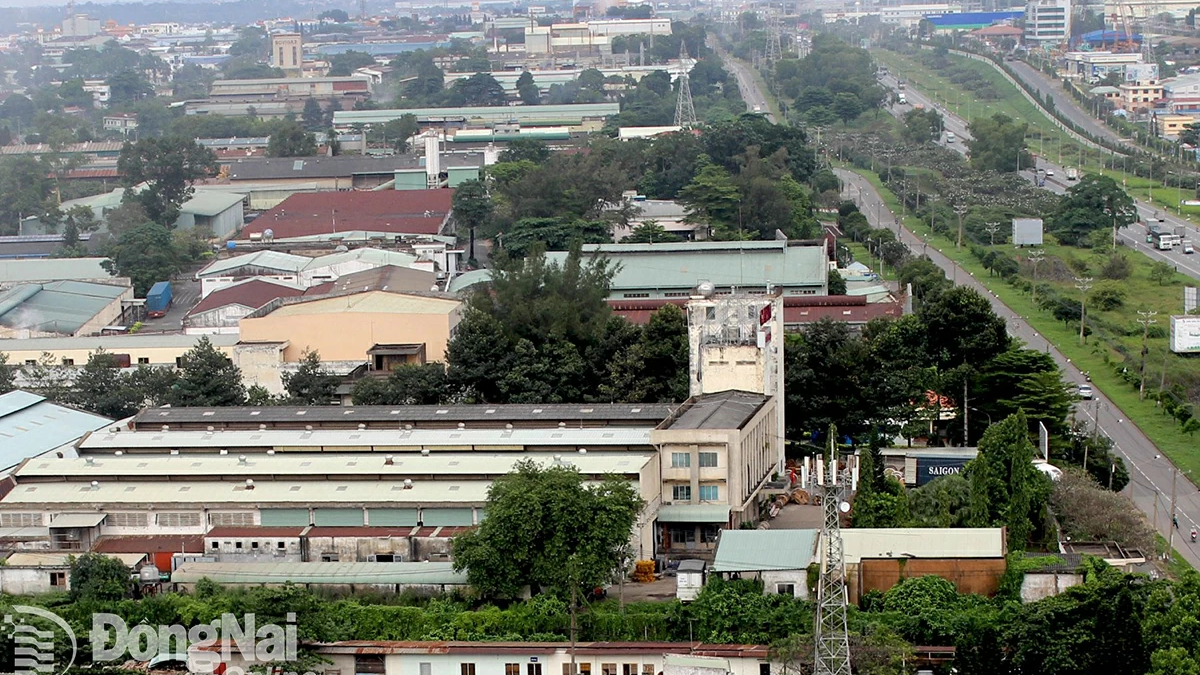

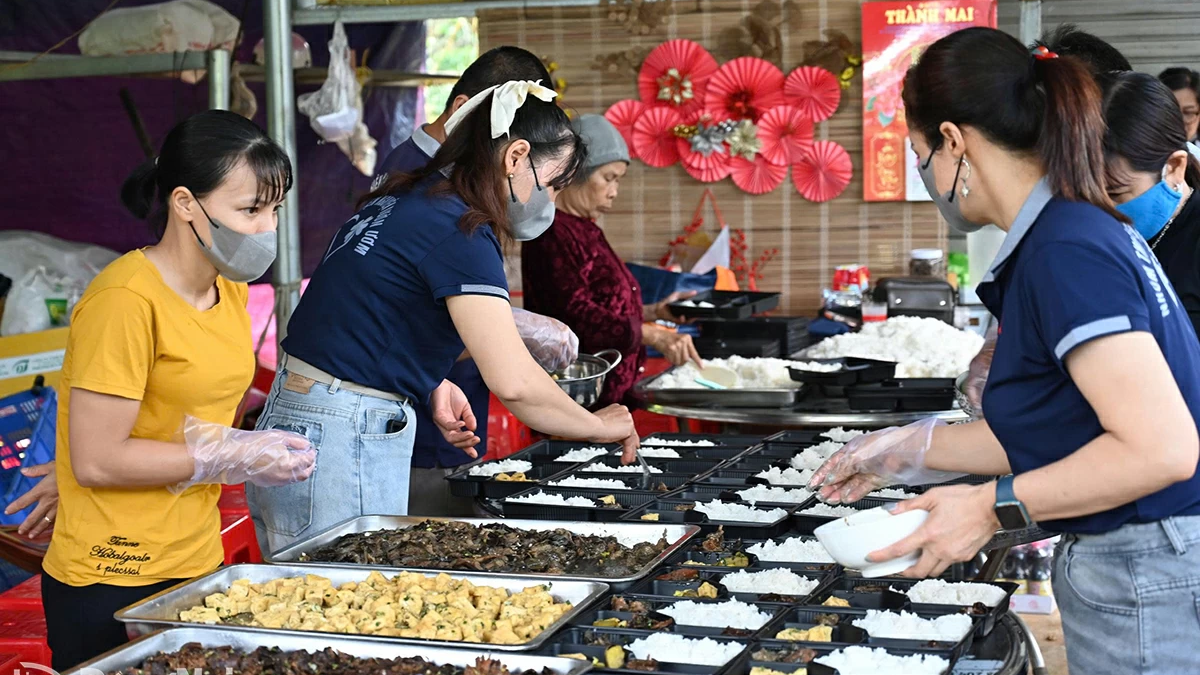
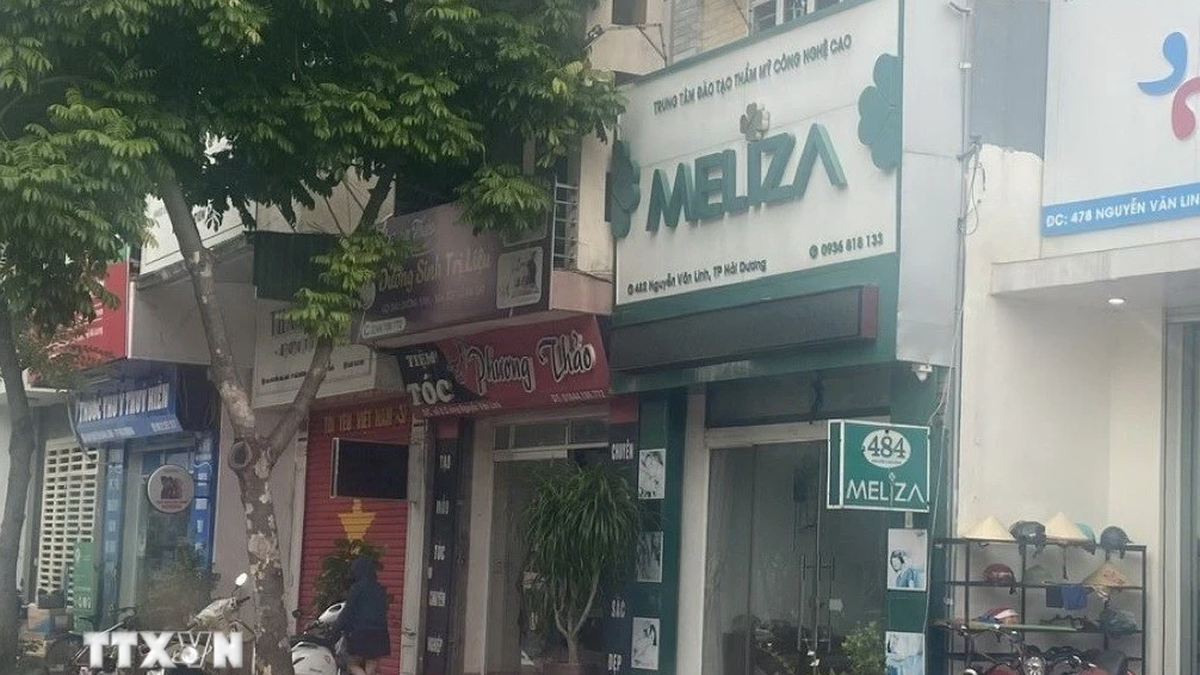
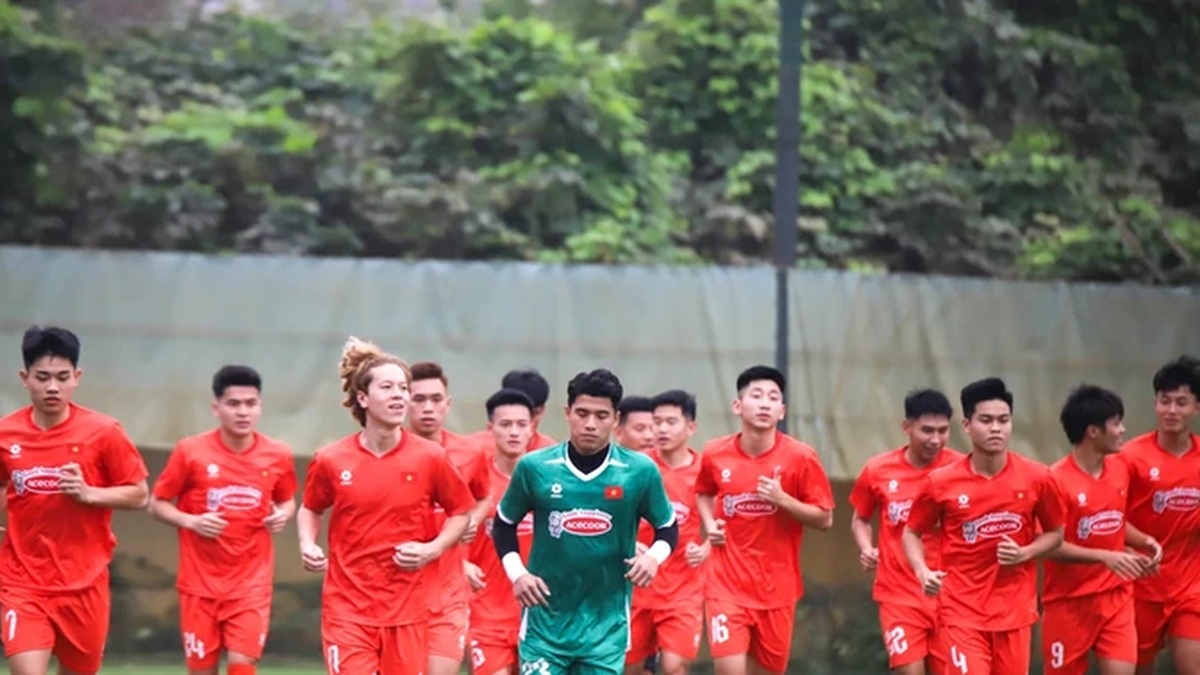

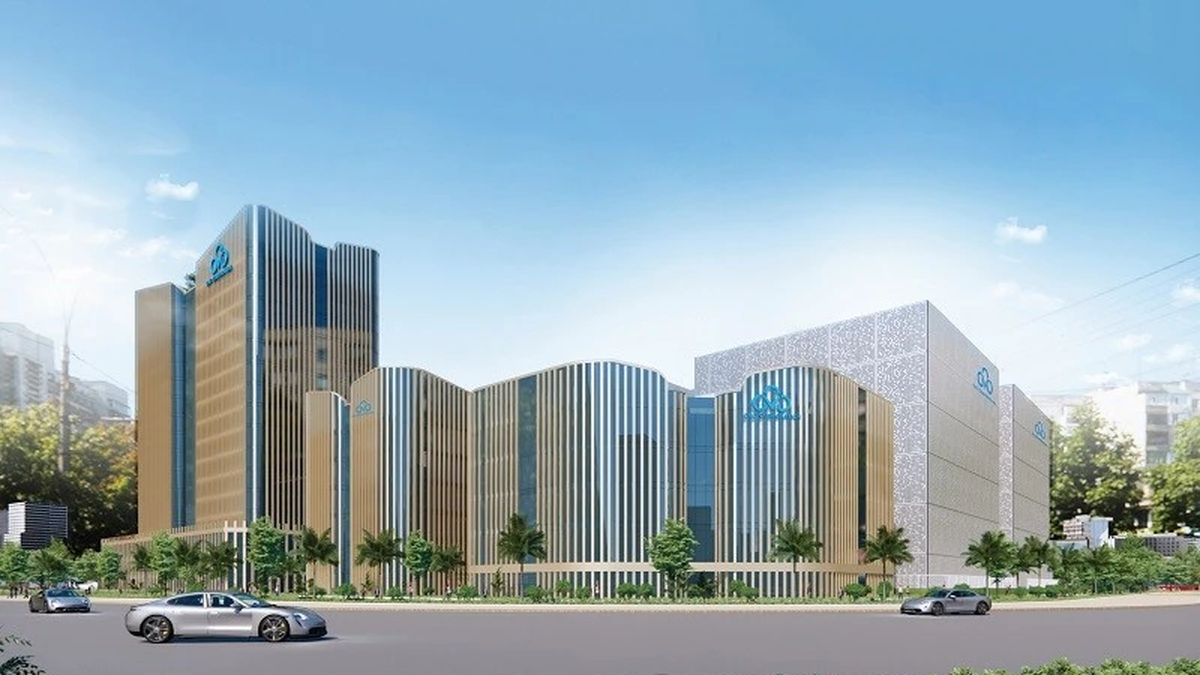
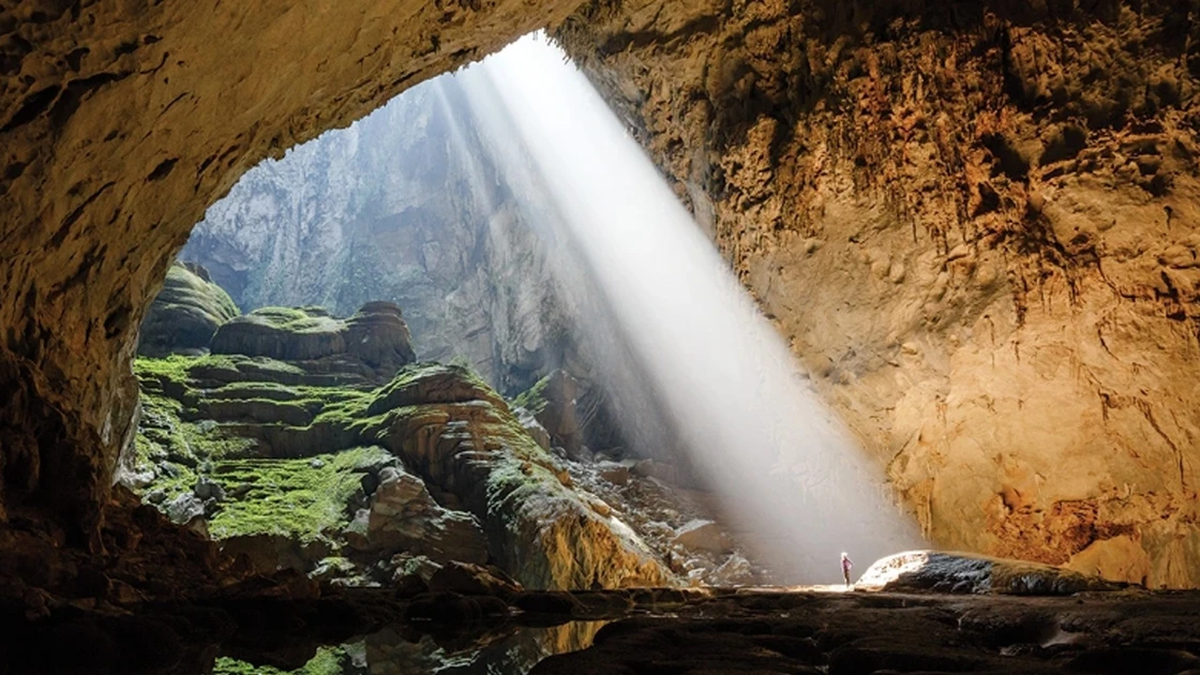
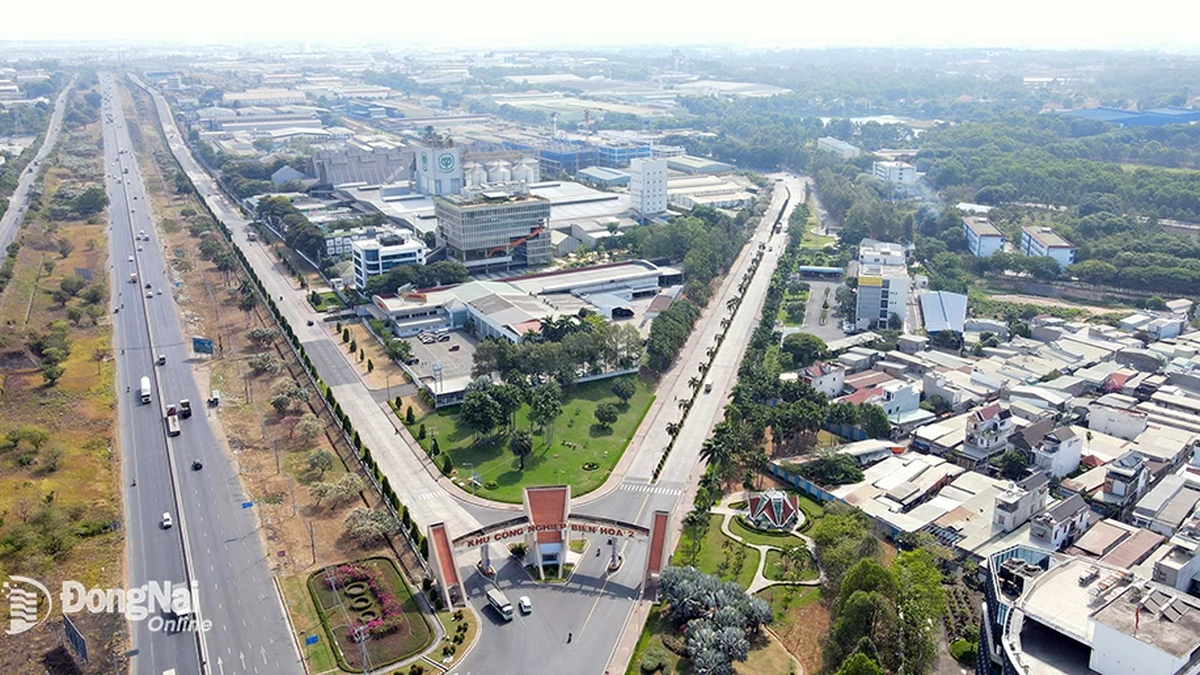











































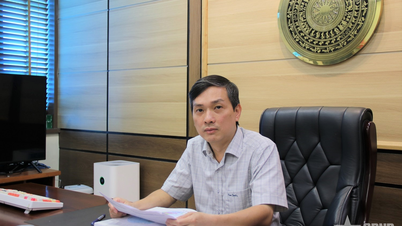








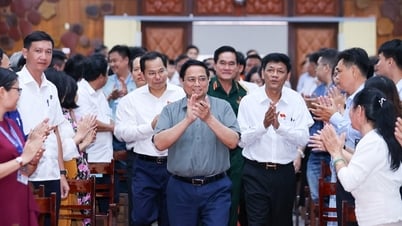



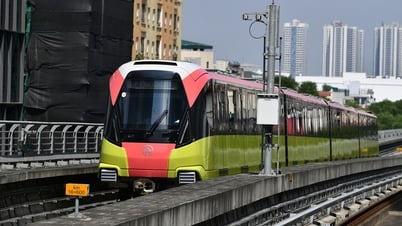


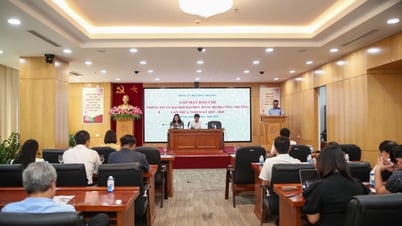

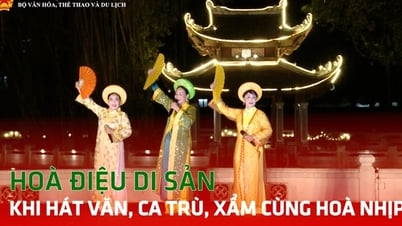
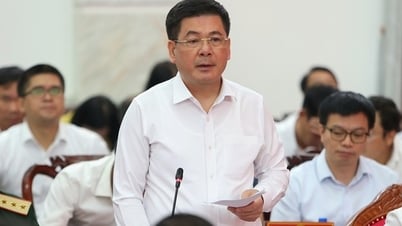

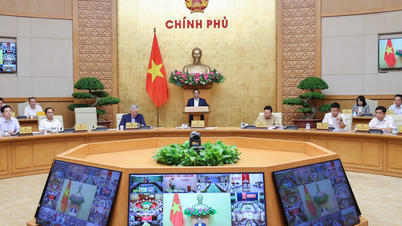

























Comment (0)